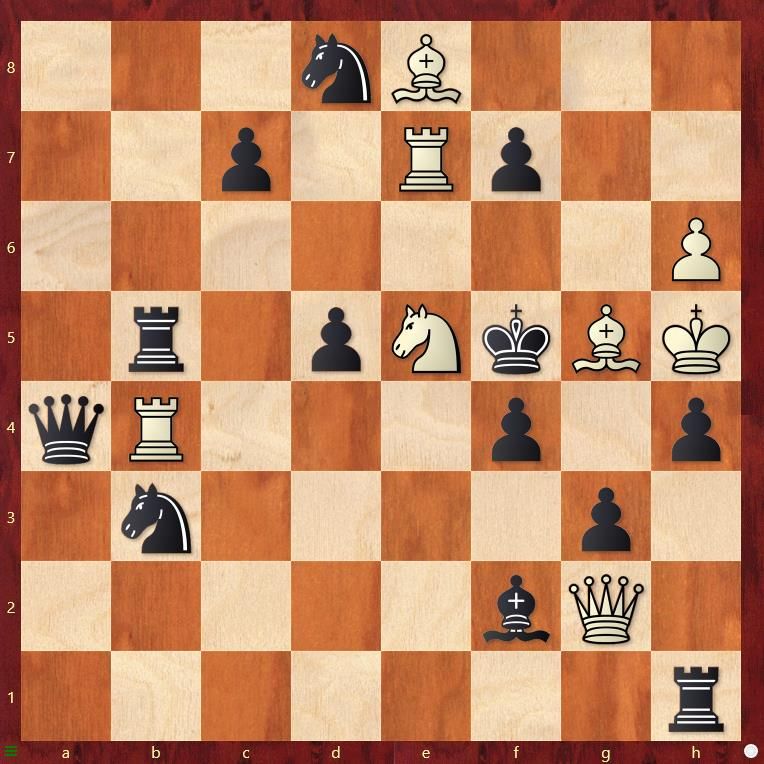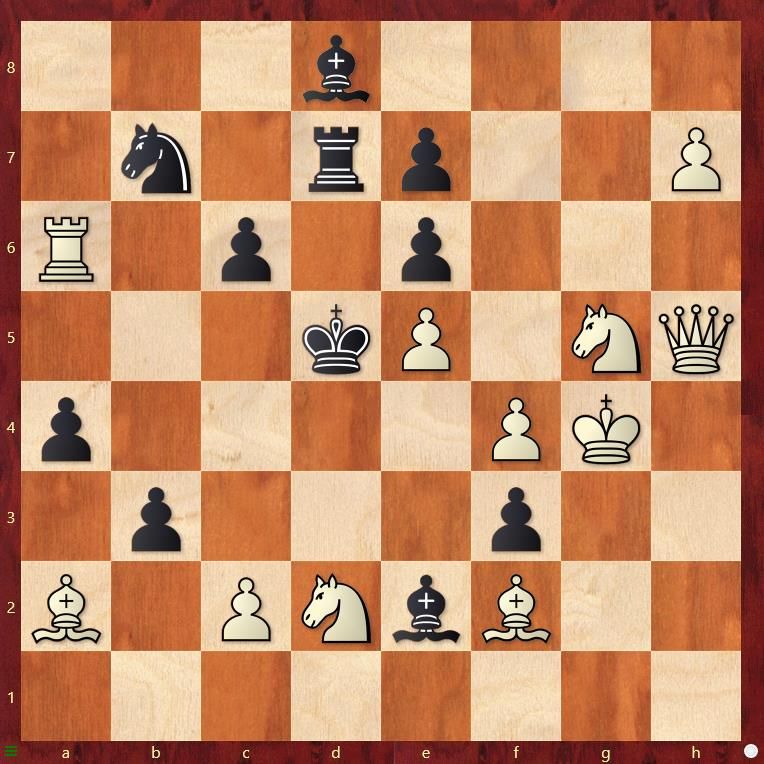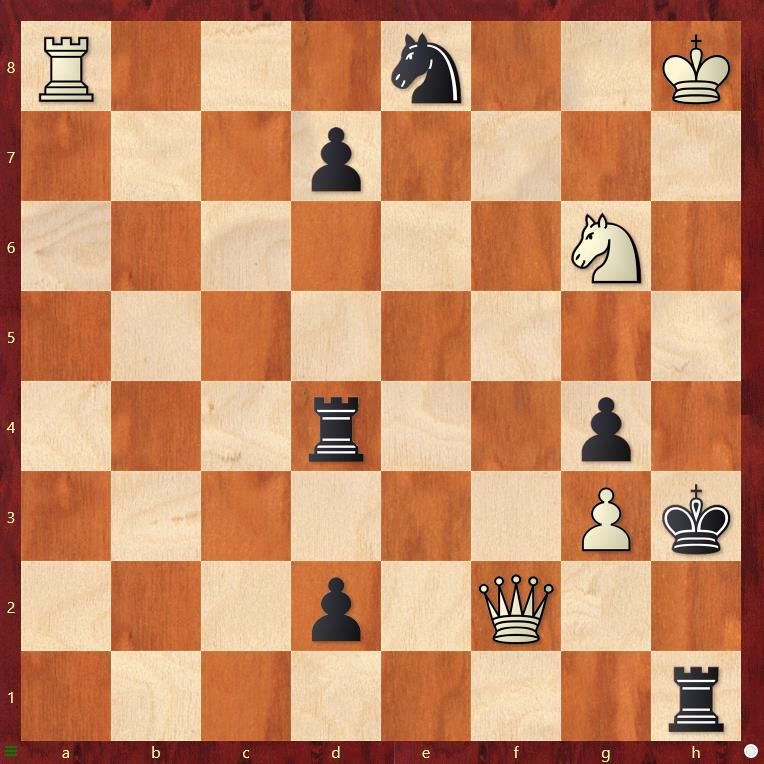ChessBase India Weekly Solving Challenge - 01
Chess is sport, science, and art—all rolled into one. With its many facets, the game accommodates a variety of temperaments and intellectual dispositions. Therefore, the fierce contest between players at the board and their frantic rush up and down the Elo ladder are not the only things chess is about. There are other edifying, albeit undervalued, forms of the game. One such is solving compositions, which are artistic puzzles derived not from real play but artificially put together to demonstrate intricate themes and strategy. This new weekly column is all about this aspect of chess. Each week, we will bring you a fresh set of positions to solve; you will have around seven days to work on them before we present the detailed solution in the next edition of the column.
So, without further ado, below are the first three problems—we begin with directmates; a directmate is a chess problem where White plays first and checkmates Black in the number of moves stipulated against any defence.
Position 01

A directmate in two moves is commonly known as a two-mover. Thus, White is to play in the above position and mate Black in two moves against any defence. The main idea of the problem is not difficult to spot, but it requires precise execution. You may fall for a red herring. Watch out for Black's defences!
Position 02

A directmate in three moves is called a three-mover. After some thought, two moves that should jump at you here are 1.Qg6 and 1.Nge4. Both threaten mates in 1. However, these have simple refutations (try spotting them!). The key is much more subtle.
Position 03

Our last problem is a more-mover—this term denotes a directmate in more than three moves. Here, 1.Nh4, threatening 2.Qg2#, is an obvious attempt. But it fails to 1...Rh2!. Can you pinpoint why? How can you work your way around the difficulty?
That is all for now! We will present the detailed solutions to these three problems (along with the names of their composers and publication details) next week. Till then, you can have a go at them by yourself. A request: do not drop your solutions in the comments section below this article, as that will spoil the fun for other solvers. You can send your attempts to chessbaseindiasocial@gmail.com. Make sure to state your name in the email and mention "Weekly Solving" in the Subject. The best answers will receive shout-outs in the following article of the column.
